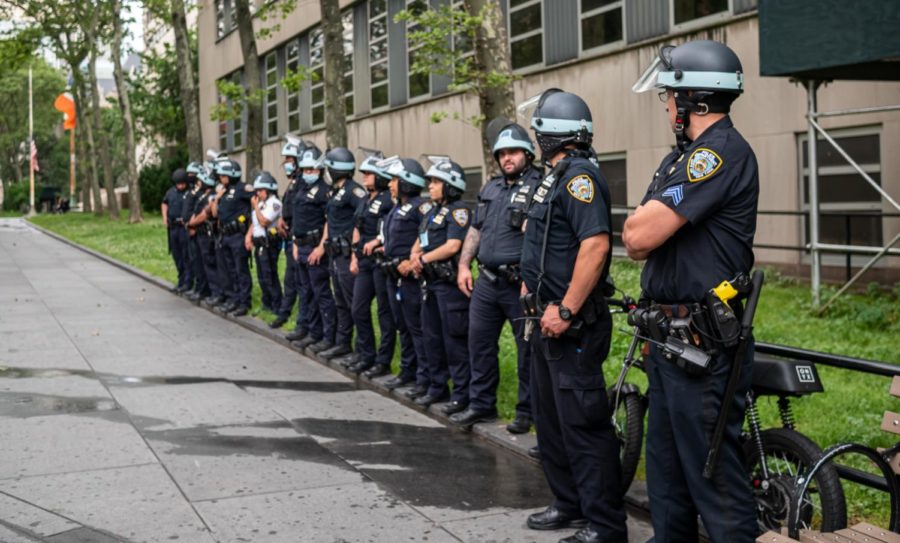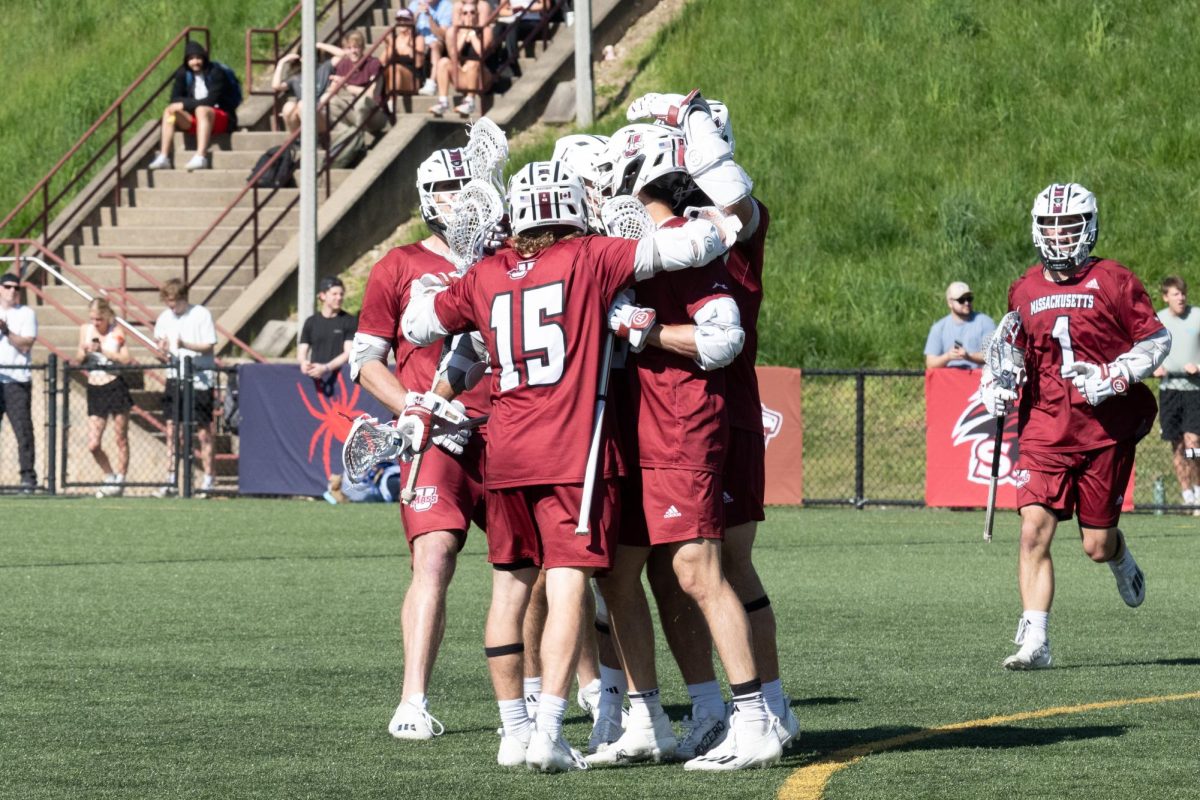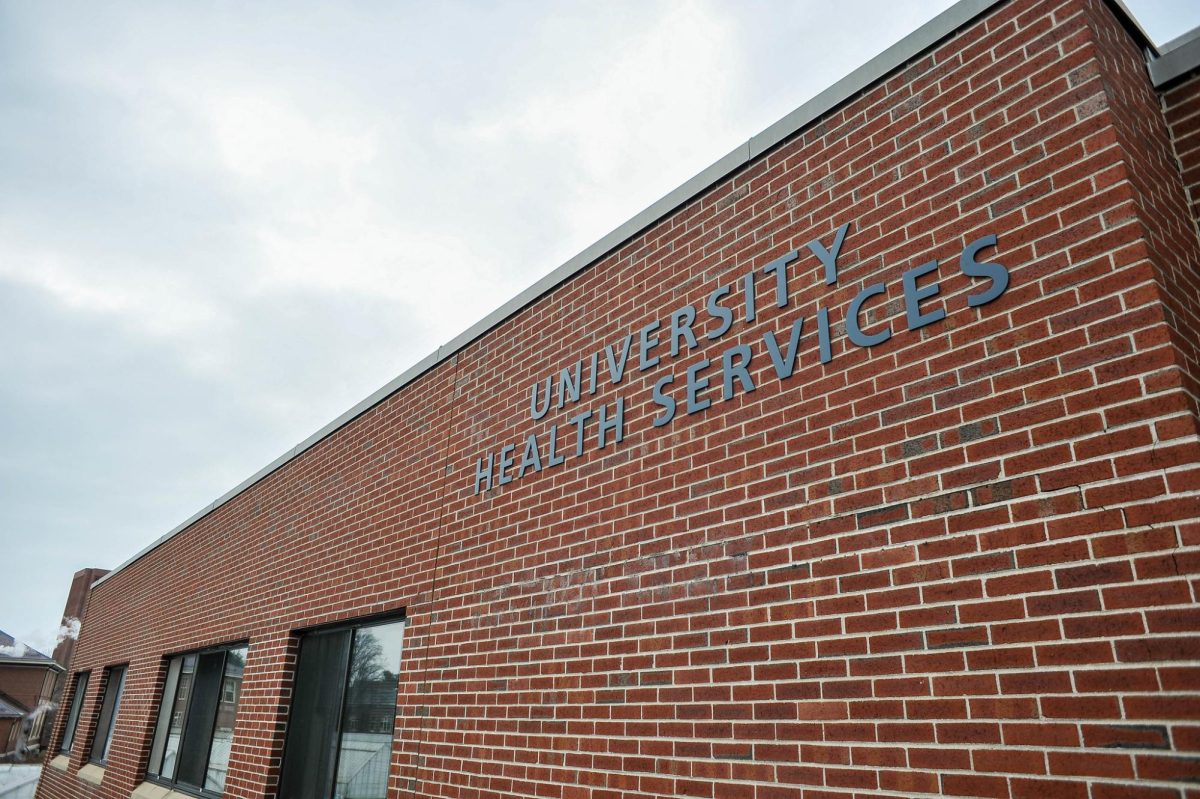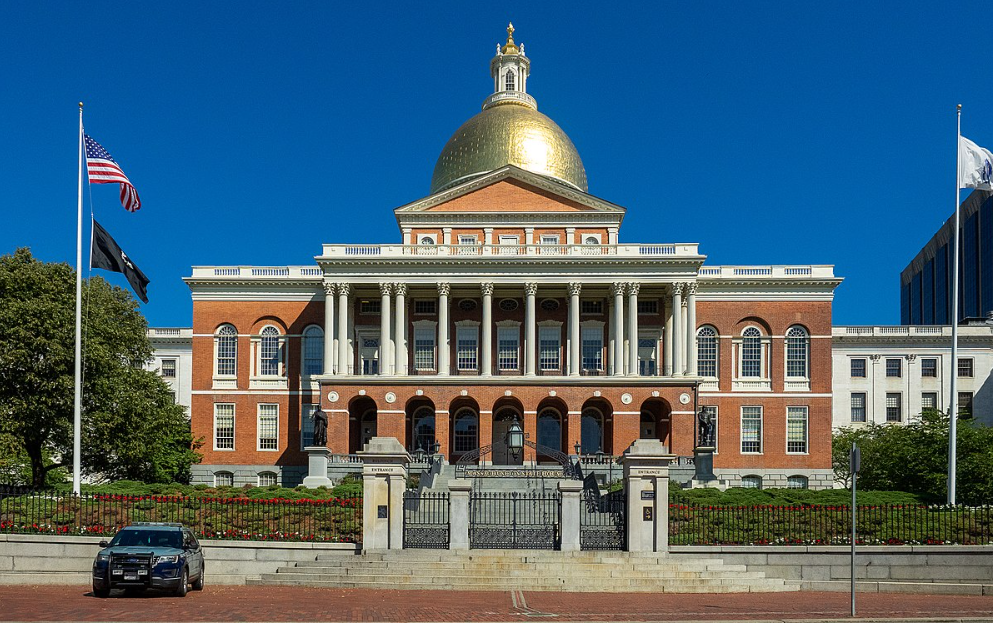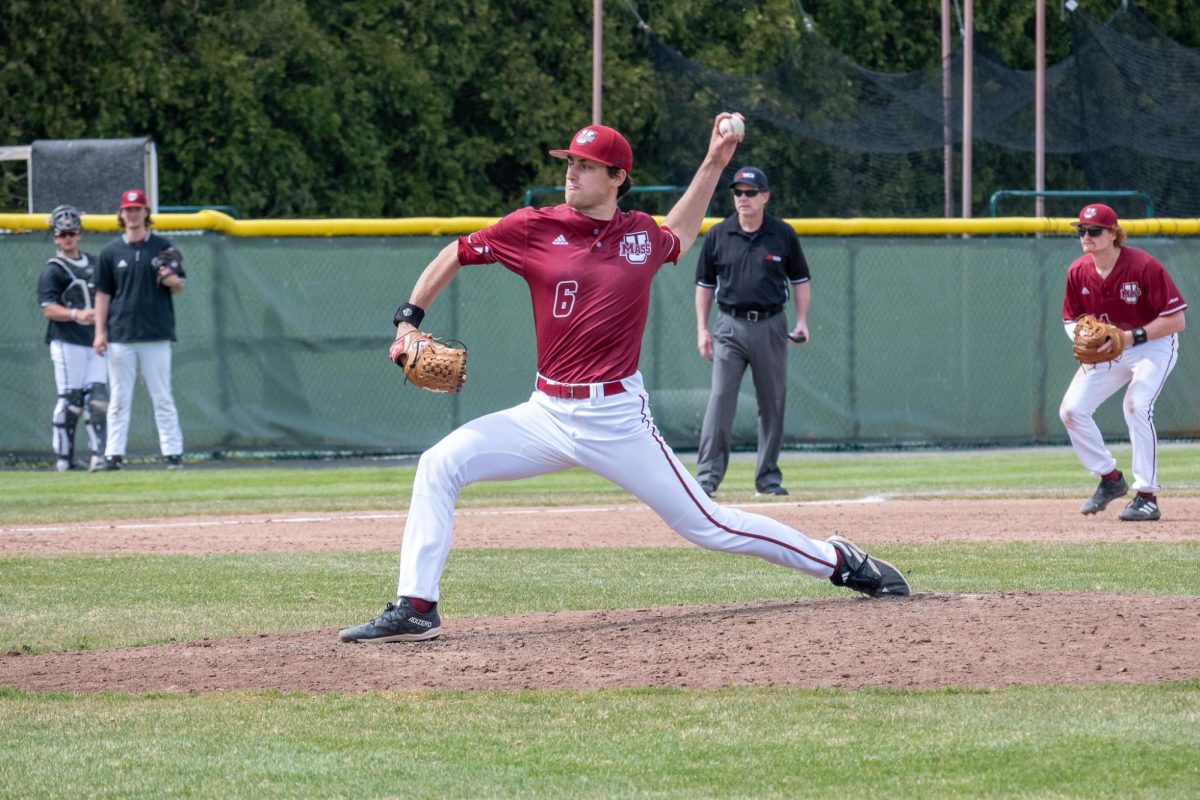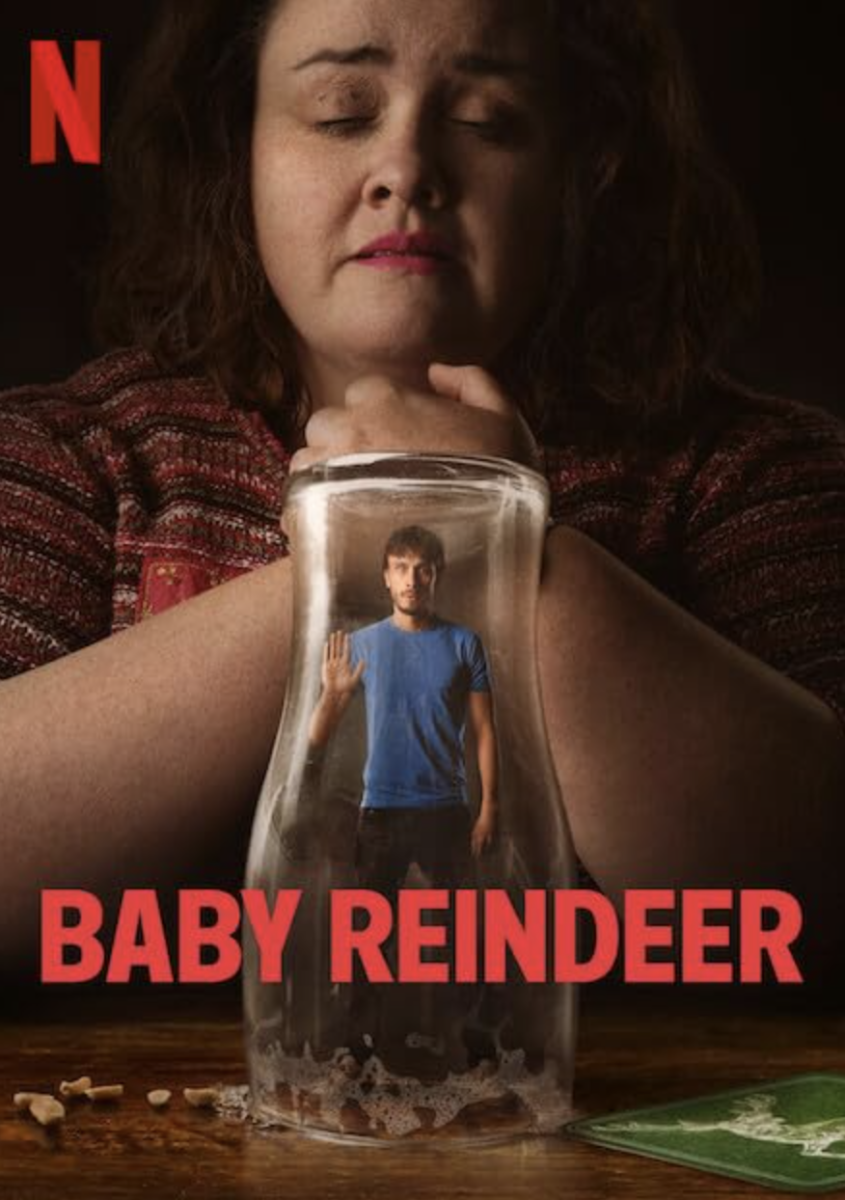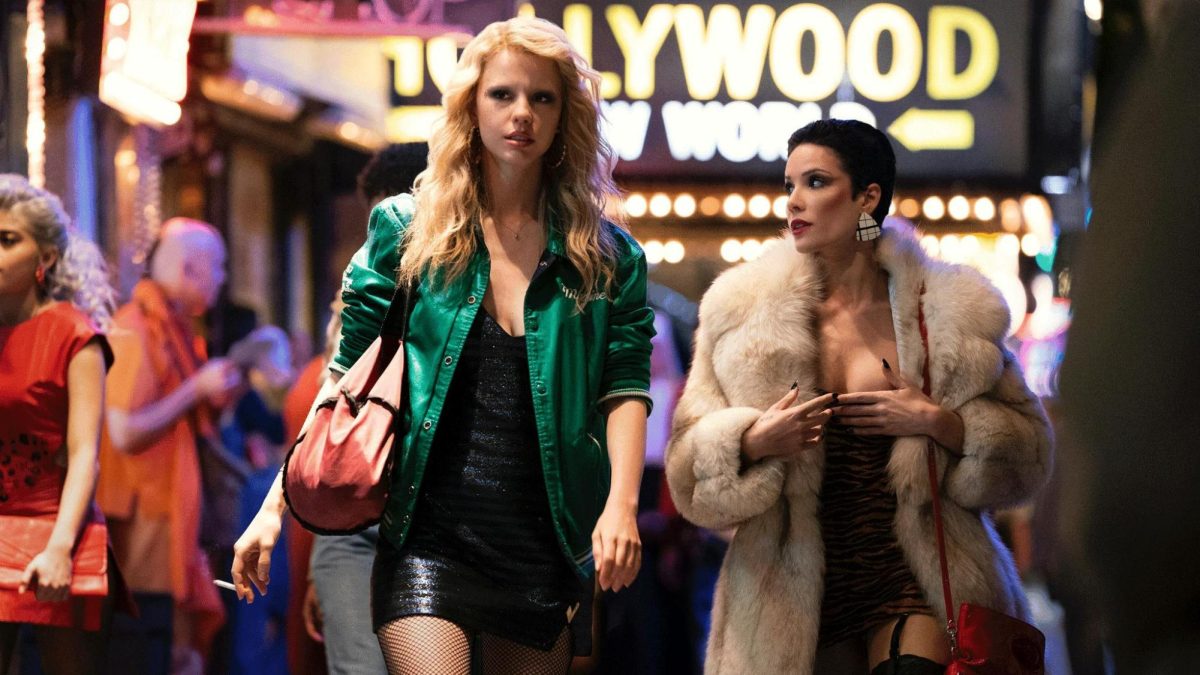In a long-overdue trial, former Minneapolis Police Officer Derek Chauvin was found guilty on all three charges of killing George Floyd, facing up to 75 years behind bars. Excitement bellowed from the mass of people outside the Hennepin County Government Center following the guilty verdict. For the first time in nearly a year, Americans across the country were served some version of justice that smelled like accountability but tasted like mitigation.
The guilty verdict is a monumental step in holding law enforcement, and more importantly, predominantly white institutions accountable for their actions. The Minneapolis Police Department would’ve gotten away with the murder, initially framing the narrative as: “Man dies after medical incident during police interaction.” A few hours later cellphone footage from 17-year-old Darnella Frazier emerged, clearly showing Chauvin with a knee on Floyd’s neck as the man pleads these harrowing words: “I can’t breathe.”
It wasn’t the first time a Black American couldn’t breathe because of police violence. In 2014, Staten Island resident Eric Garner died at the elbows of police for illegally selling cigarettes. The punishment for such a heinous crime? Cutting blood and oxygen supply between the brain and the carotid arteries in an illegal chokehold.
Breonna Taylor stopped breathing after Louisville police emptied six 9mm rounds into her body. The autopsy shows that “a bullet struck near Taylor’s heart, tearing through her main pulmonary artery connecting her heart and lungs, and the lower lobe of her left lung.” The need for answers has transcended who, what, where, when and why; we must begin asking how?
Almost a year has passed since George Floyd was killed by police and not a month goes by where American law enforcement hasn’t killed someone. To better comprehend why this is, it must be understood that police officers are not trained to injure. In the case of an active threat, police are trained to neutralize that threat, which oftentimes means officers firing as many bullets as they can before the gun jams.
Police don’t “shoot-to-injure” for two main reasons: accuracy and safety. Put bluntly, American police officers are in their role for a reason; they don’t have the trigger discipline, precision aim and peripheral awareness that a true marksman has. Shooting to injure, for instance in the leg or arm takes impeccable precision and even if hit may not incapacitate the threat before they do more damage. Secondly, and why police shootings are often fatal, is that police aim for parts of the body they know will disable the threat like the chest and abdomen.
But that only accounts for police shootings and not the countless other deaths at the hands and will of law enforcement so hypnotized by a power trip they forget to stop kneeling on peoples’ necks. Floyd died because Chauvin saw death as the only option for someone who uses counterfeit dollar bills. Somewhere in that toxic police culture he and his colleagues thought it was okay to do what they did.
What continues to stun about this case is that justice has ostensibly been served in a country known to never keep its word. Last week Chicago police footage depicted the fatal shooting of 13-year-old Adam Toledo as he was chased down an alley by an officer at 2:30 a.m. The parents of a seventh grader expect their kid to be forming friendships and flouting their rules, not lying dead on the sidewalk because a police officer’s trigger finger was itching.
If this is going to continue to happen then perpetrators must be held accountable. Accountability is a two-way street and if police are going to hold men accountable for using counterfeit money, then we, the people, must hold police accountable for their actions. We’ve answered how, the next question is what changed?
In the 11 months since his cold-blooded killing of Floyd, Chauvin was found guilty of second-degree unintentional murder, third-degree murder and second-degree manslaughter, each with sentences if not served concurrently that could see the ex-cop in prison for three-quarters of a century. The omnipotent, omniscient “media” has begun giving these cases the attention they deserve. Diversity, equity and inclusion are now narratives being pushed in newsrooms and classrooms across the country and Juneteenth has become a holiday. Are sensational changes like these enough to implement change in a system built on racism?
Ask yourself not what has changed but what will continue to change. We’ll know there’s been a systemic change when affirmative action isn’t cited for a Black woman’s academic achievement and when Black men aren’t disproportionately incarcerated despite making up a smaller percentage of the population. We’ll know there’s been change when the police killing of a Black American is surprising and not routine. Until then, we’ve got a long way to go.
Max Schwartz can be reached at [email protected]. Follow him on Twitter @maxwschwartz.

